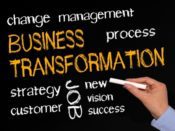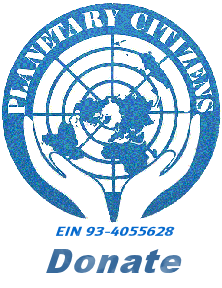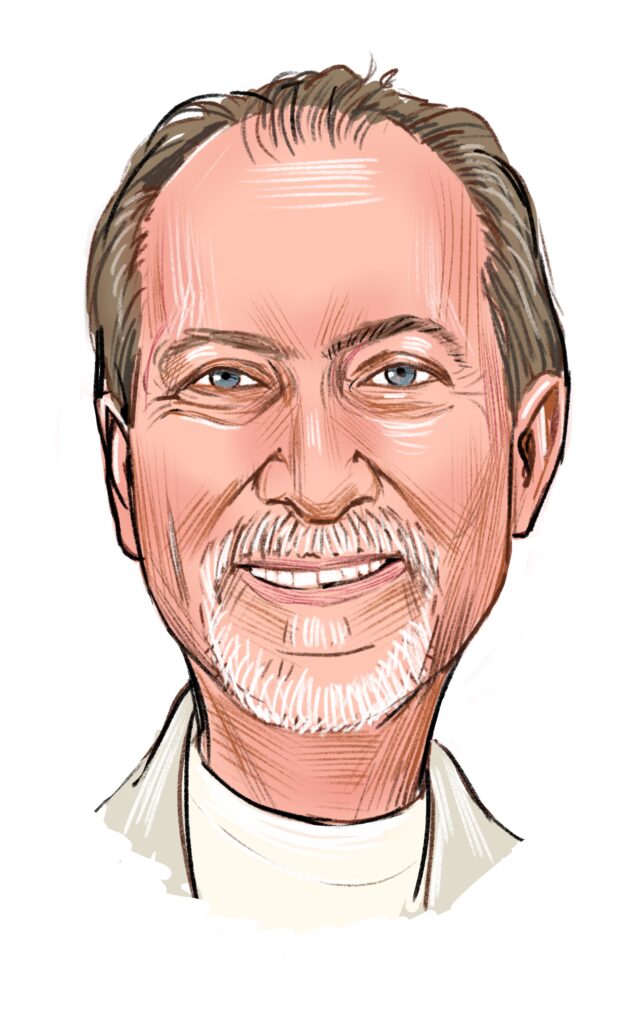Economics
An economic transformation is consistent with the evolution of a planetary civilization. Co-working and incubator space provides the foundation for rebuilding communities devastated by the economic downturn. It has been said that entrepreneurial endeavors and the stimulation of small business will restore a fundamental order of relationships lost to the corporatocracy take-over of America and the world. Effective use of the ISO 26000 Social Responsibility Standards will help empower the change even in corporations, as they are too large to simply disappear now.
Creating amazing opportunities for people, places and things to come together for collaborative change that benefits our communities is both challenging and rewarding. It’s nothing short of hard work filled with tireless commitment. Never before have we, as citizens, had the capacity to act together through the utilization of best practices in organizational development and technological applications. We can have our heads in the ‘cloud’ and be firmly rooted on the ground through networks of citizenry who are ready to engage a better future for us all.
In the wake of economic crisis on a global scale, more and more people
are reconsidering their role in the economy and wondering what they can do to make it work better for humanity and the planet. In this innovative book, J. K. Gibson-Graham, Jenny Cameron, and Stephen Healy contribute complex understandings of economics in practical terms: what can we do right now, in our own communities, to make a difference?
Full of exercises, thinking tools, and inspiring examples from around the world, Take Back the Economy shows how people can implement small-scale changes in their own lives to create ethical economies. There is no manifesto here, no one prescribed model; rather, readers are encouraged and taught how to take back the economy in ways appropriate for their own communities and context, using what they already have at hand.
Take Back the Economy dismantles the idea that the economy is separate from us and best comprehended by experts. Instead, the authors demonstrate that the economy is the outcome of the decisions and efforts we make every day. The economy is thus reframed as a space of ethical action—something we can shape and alter according to what is best for the well-being of people and the planet. The book explores what people are already doing to build ethical economies, presenting these deeds as mutual concerns: What is necessary for survival, and what do we do with the surplus produced beyond what will fulfill basic needs? What do we consume, and how do we preserve and replenish the commons—those resources that can be shared to maintain all? And finally, how can we invest in a future worth living in?
Suitable for activists and students alike, Take Back the Economy will be of interest to anyone seeking a more just, sustainable, and equitable world.












No responses yet